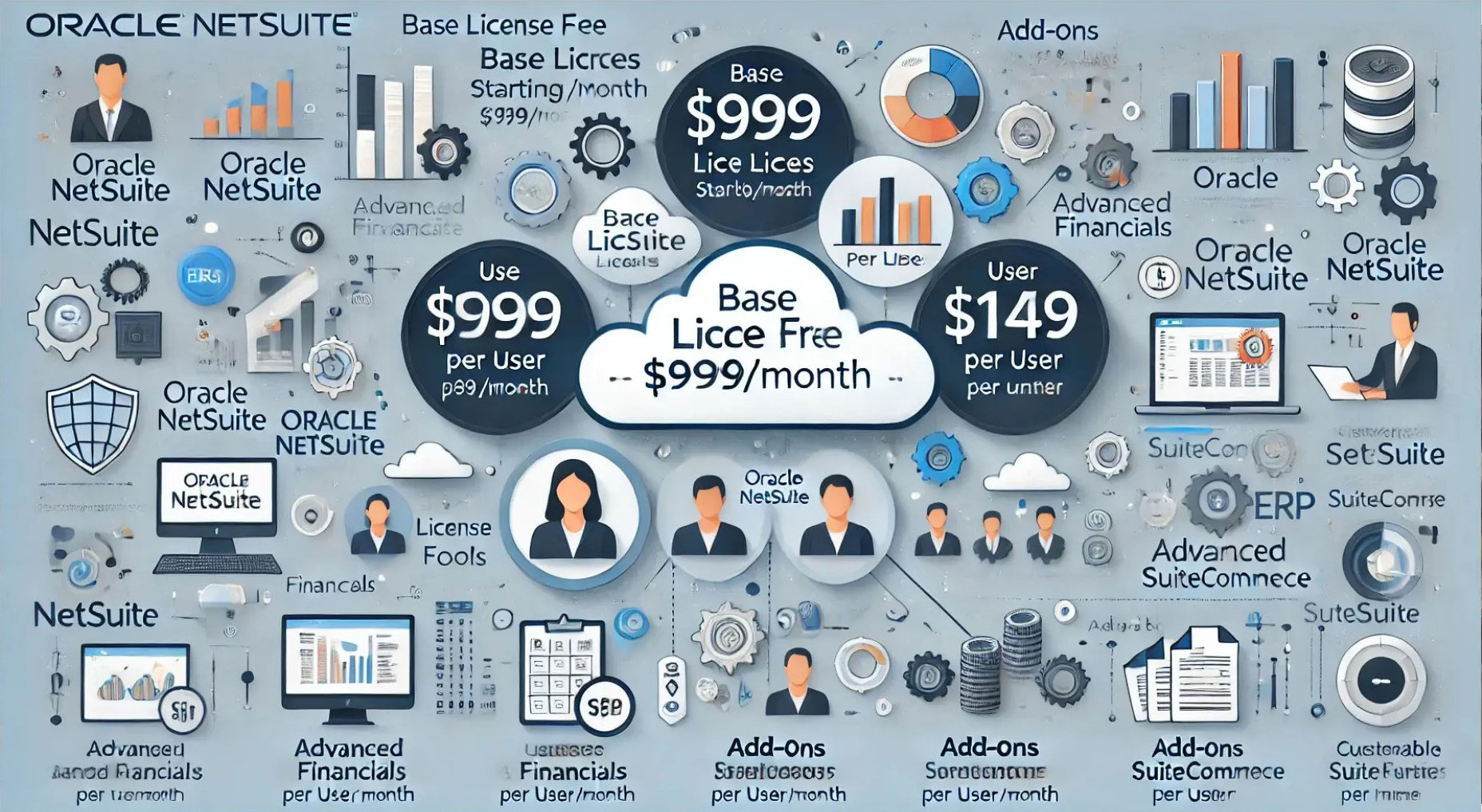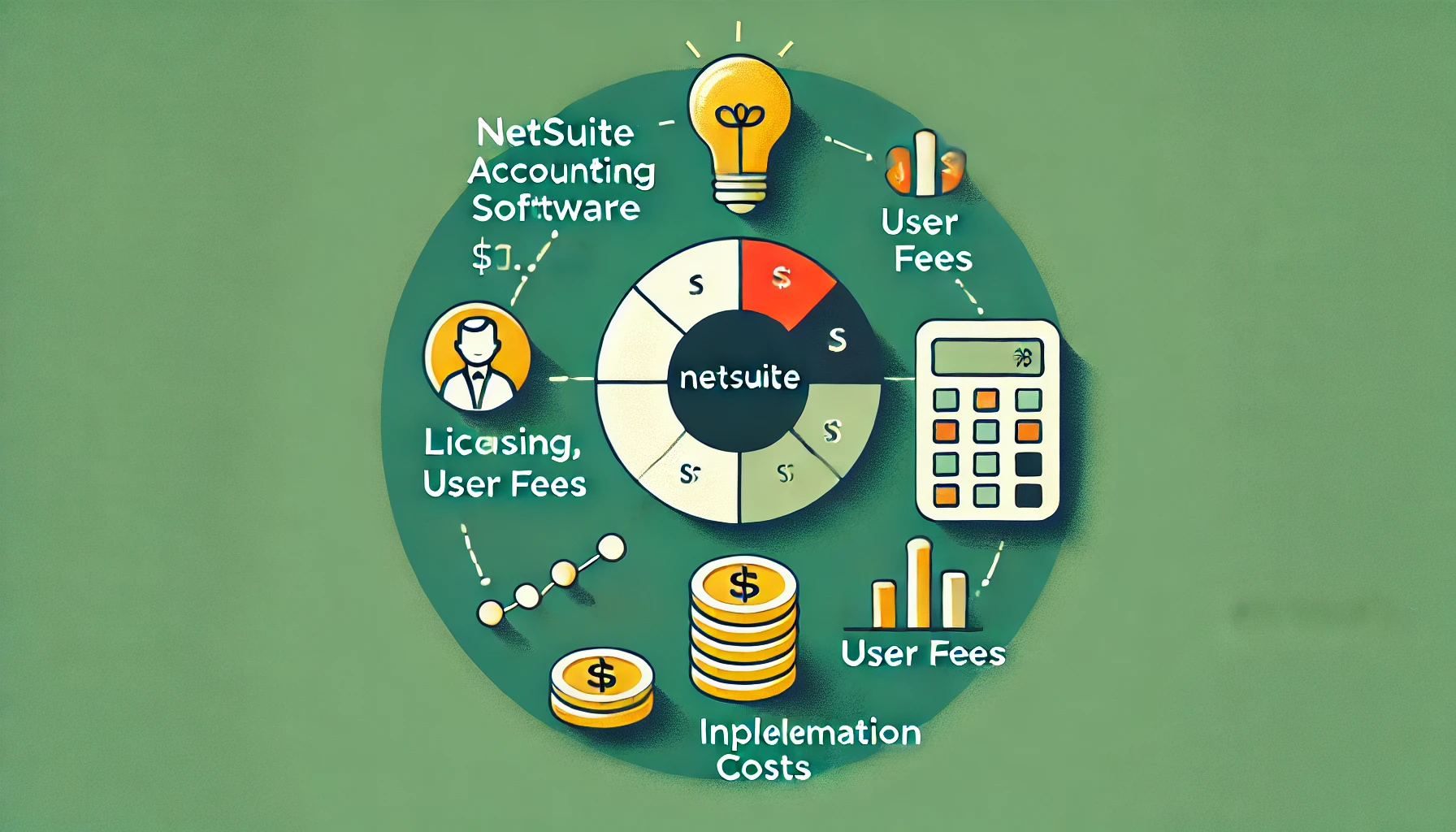In today’s digital-first economy, businesses thrive when systems talk to each other. For many organizations, NetSuite serves as the central hub for managing financials, supply chain, CRM, and more. However, to realize its full potential, NetSuite must integrate seamlessly with third-party applications that power sales, marketing, logistics, payments, and customer engagement.
Next-gen NetSuite integrations take this connectivity to the next level. They offer real-time synchronization, scalability, and flexibility while reducing the risks of data silos and manual processes. As SuiteWorld 2025 approaches, companies are looking to modernize integration strategies to unlock agility and efficiency. This blog explores how next-gen integrations reshape NetSuite’s ecosystem, the challenges they solve, and best practices for leveraging them.
Table of Contents
ToggleWhy Next-Gen NetSuite Integrations Matter
Legacy integrations often lack flexibility, are prone to errors, and cannot keep pace with modern business needs. By adopting advanced integration approaches, companies can achieve seamless connectivity across platforms.
1- Real-time data flow: Transactions update instantly across NetSuite and third-party systems, reducing delays.
2- Customer experience: Integrated tools provide a unified view of customers across sales, service, and finance.
3- Efficiency gains: Automated workflows replace manual data entry, saving time and minimizing errors.
4- Scalable operations: Next-gen integrations adapt easily as businesses grow and adopt new applications.
These benefits ensure that businesses remain competitive and agile in a rapidly evolving market.
Key Features of Next-Gen NetSuite Integrations
Modern integration platforms and technologies redefine how NetSuite connects with other applications.
1- API-driven architecture: Robust APIs allow flexible, secure, and scalable connections with multiple systems.
2- Pre-built connectors: Ready-to-use integrations for platforms like Shopify, Salesforce, or Stripe accelerate deployment.
3- Event-driven automation: Triggers initiate workflows immediately when events occur in connected systems.
4- AI and machine learning: Intelligent integrations detect anomalies, optimize routing, and predict issues.
By leveraging these features, companies can create a future-proof integration framework.
Common Third-Party Platforms Integrated with NetSuite
The value of NetSuite grows when it synchronizes with essential third-party tools across industries.
1- E-commerce platforms: Shopify, Magento, and WooCommerce sync product catalogs, orders, and inventory with NetSuite.
2- CRM systems: Salesforce and HubSpot integration align customer data with financial and operational insights.
3- Payment gateways: Stripe, PayPal, and Adyen ensure secure, automated payment reconciliation.
4- Logistics and 3PL providers: Integrations with FedEx, UPS, or ShipStation streamline fulfillment and shipping visibility.
These integrations enable businesses to create connected ecosystems that reduce friction and drive growth.

Challenges in Traditional NetSuite Integrations
While integration is vital, businesses often encounter barriers when relying on outdated methods.
1- Data silos: Disconnected systems create inconsistencies that affect decision-making.
2- High maintenance: Custom-built integrations require constant updates and troubleshooting.
3- Limited scalability: Legacy systems struggle to keep up with rapid business expansion.
4- Security risks: Weak integration frameworks expose businesses to compliance and data breaches.
Next-gen integration platforms address these pain points with robust, scalable, and secure solutions.
How Next-Gen Integrations Improve Business Agility
Agility is the ability to adapt quickly without compromising operations. NetSuite integrations provide this flexibility.
1- Faster decision-making: Real-time data visibility enables accurate forecasting and planning.
2- Seamless collaboration: Cross-departmental teams work from the same data sets, improving alignment.
3- Rapid scaling: Businesses can onboard new systems or expand into markets without disruption.
4- Operational resilience: Automated integrations minimize the risks of human error and downtime.
By improving agility, companies gain the competitive edge needed in fast-changing industries.
Best Practices for Implementing NetSuite Integrations
To maximize the value of next-gen integrations, businesses should adopt proven practices.
1- Define integration goals: Identify whether the priority is cost savings, customer experience, or compliance.
2- Choose scalable tools: Invest in integration platforms that grow with your business.
3- Focus on data quality: Establish governance practices to ensure accurate and consistent data flow.
4- Test thoroughly: Conduct end-to-end testing before going live to prevent disruptions.
These practices ensure smooth, secure, and high-performing integrations.
Preparing for SuiteWorld 2025 with Next-Gen Integrations
SuiteWorld 2025 will showcase the latest innovations in NetSuite technology, including advanced integration strategies. Businesses preparing for the event should focus on integration readiness.
1- Evaluate current integrations: Audit existing systems for gaps, inefficiencies, or risks.
2- Explore new solutions: Research next-gen integration providers that align with business goals.
3- Adopt automation early: Implement event-driven automation before SuiteWorld to showcase tangible results.
4- Engage in peer learning: Leverage SuiteWorld sessions to benchmark best practices and emerging trends.
Preparation today ensures companies are well-positioned to take advantage of the insights revealed at SuiteWorld.
Future Trends in NetSuite Integrations
As technology evolves, NetSuite integrations will continue to expand in capability and scope.
1- AI-driven automation: Smarter workflows that optimize themselves over time.
2- Industry-specific integrations: Tailored solutions for healthcare, manufacturing, or financial services.
3- Hyperconnected ecosystems: Seamless collaboration across multiple ERP, CRM, and analytics platforms.
4- Cloud-native security: Advanced encryption and compliance features integrated by default.
These trends highlight how next-gen NetSuite integrations will remain central to digital transformation.
Conclusion
The shift toward next-gen NetSuite integrations is more than a technology upgrade. It is a strategic move that empowers businesses to achieve seamless connectivity, reduce inefficiencies, and future-proof operations. By integrating NetSuite with third-party platforms, companies unlock real-time data, automation, and scalability that enhance productivity and customer satisfaction.
As SuiteWorld 2025 approaches, organizations that embrace modern integration strategies will lead the way. By preparing today, businesses can showcase innovation, agility, and resilience on the SuiteWorld stage and beyond.




